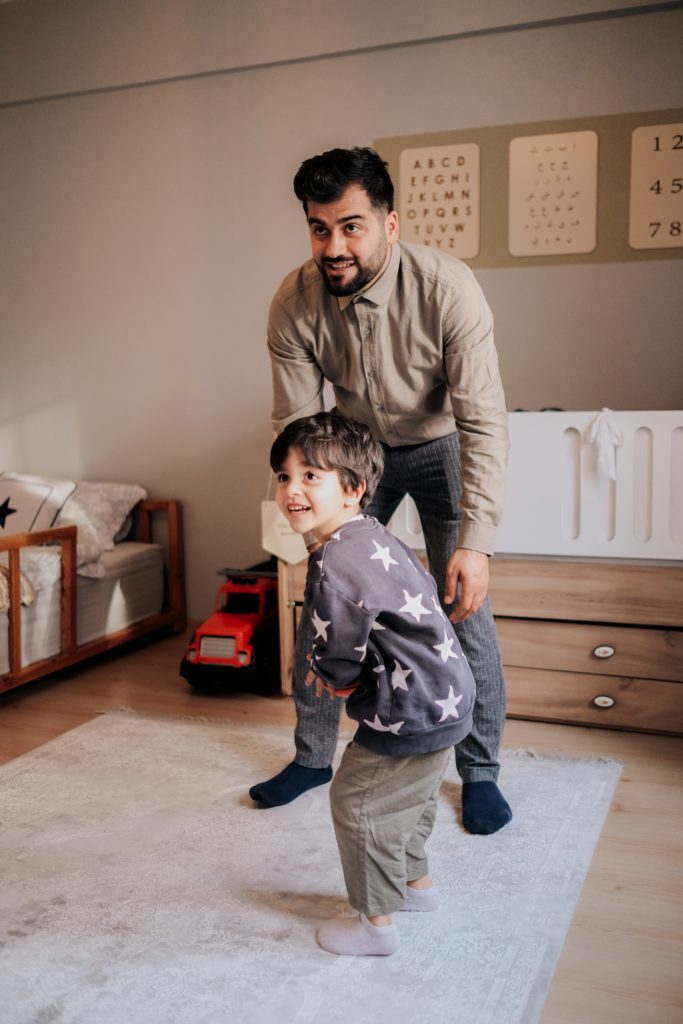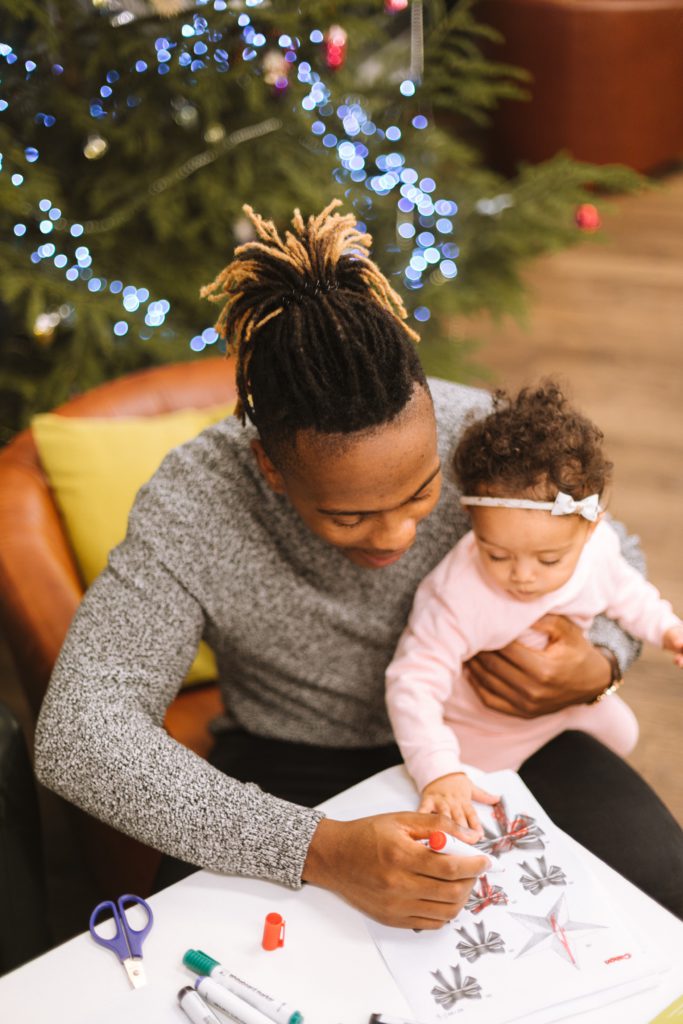Looking to strengthen your relationships? Abide can help. Download the app for Christian meditations on relationships specifically designed to foster love, understanding, and forgiveness within your connections with others.
Are you struggling to create a happy home? Would you love to be able to nurture and have closer relationships with your children, but don’t know where to start? Today is the day that you can begin making positive changes in your home – no matter how long it may seem like it’s taken. With peaceful parenting, you have the potential to create an atmosphere of trust and mutual respect amongst family members while also learning critical lessons of grace and patience. Imagine being able establish lasting bonds with your children from early on as well as having Godly order prevail in the household; it is possible! Let us explore together how this approach takes shape when building a happy Christian home.
Defining Peaceful Parenting
Romans 12:18 says, “If it is possible, as far as it depends on you, live at peace with everyone.” Paul was talking about showing love in action to the people around you. Well, no one is as close as your family! Healthy parents want what’s best for their children, and that includes providing a peaceful and secure environment for them to grow up in. Peaceful parenting is an approach that involves focusing on building strong and healthy parent-child relationships through communication, empathy, and mutual respect. It recognizes that children are not just smaller versions of adults, but unique individuals with their own thoughts, feelings, and needs. By showing your kids love and understanding, setting clear boundaries, and practicing healthy discipline, you can create an environment that promotes positive behavior and healthy development. As a Christian parent, your desire is to love your children as God loves you, and peaceful parenting is a wonderful tool for doing just that.

Establishing Rules and Boundaries
Setting rules and boundaries may seem difficult at first, but it’s truly as easy as taking the first step! Kids are sponges and will do what they see their parents doing. You can’t expect a child to know how to create order in their life if they don’t see their parents doing so. Establishing rules and boundaries can help you achieve order and peace in a positive way. This allows you to better understand yourself and create healthy habits with those around you. By setting clear boundaries, you can protect your values and maintain healthy relationships with others. It’s important to remember that setting rules and boundaries is not about controlling others, but about creating a safe and respectful environment for yourself and those you care about. Like guardrails on a mountain road, boundaries help to keep us emotionally and physically safe.
Learning How to Deal with Conflict
Learning how to deal with conflict is an important life skill. You will inevitably encounter difficult situations with others, but how you handle them is what really matters. Forgiveness, even in the midst of conflict, holds the key to handling conflict in a healthy way. One helpful tip for de-escalating a difficult situation is to practice active listening. This means paying attention to the other person’s words and body language without interrupting or getting defensive. It also means reflecting back what the other person is saying to show that you understand their perspective. The words “help me understand” go a long way to diffusing tense situations. By listening to others with kindness and patience, you can move toward resolving conflicts constructively. Remember, with God’s help, you can overcome any challenge, even conflicts with others.

Cultivating Connection
Families thrive when they cultivate healthy relationships. The relationship between yourself and your children is one of the most crucial connections you can nurture. It’s essential to find ways to foster a positive relationship and build a strong bond with your children. Connecting with your children can involve spending quality time with them, actively listening to their needs and concerns, and creating opportunities for open communication. Children often act out because they feel unheard. It might take more time get to the root of your toddler’s tantrum, but they will feel the care and attention you give to their scattered emotions as they learn emotional maturity. You can lead by example, modeling Christ-like behavior and demonstrating love, respect, and forgiveness to them and to others. Remember, the journey of cultivating connection with your children is an ongoing process, but with God’s guidance, you can build a beautiful relationship that will last a lifetime.
Exploring Self-care Practices
It can be easy to overlook your own needs as you focus on the needs of your children. However, taking care of yourself is essential to being the best parent you can be. Not only will self-care help you maintain physical health and well-being, but it can also improve your mental health and strengthen your relationship with God. When you prioritize self-care, you are better equipped to handle the challenges of parenthood with grace and patience. Remember, taking time for yourself is not selfish—it is necessary for your own growth and the benefit of your family. So take a few moments each day to engage in self-care practices, such as Christian meditation, exercise, or journaling. You will be amazed at the difference it makes in your life and the lives of those around you.
Creating Routines
Creating routines can help your family thrive. By planning ahead and establishing a consistent routine, you can reduce stress and chaos in your home. But where do you start? First, take time to pray for guidance on what areas of your family’s life need routine. Then, involve your family in the process of creating a schedule that works for everyone. Remember to be flexible and adjust the routine as necessary. And most importantly, don’t forget to give thanks for the blessings of a happier home life when your efforts pay off. With God’s help, you can create routines that bring order, peace, and joy to your home.

Having a peaceful home begins with understanding what peace means to you and your family. Through implementing rules and boundaries, practicing healthy discipline, cultivating connection, exploring self-care practices, and creating daily routines, parents have the power to establish a happy and calm household. As a Christian family, your ultimate source of peace is in Christ. He is the Prince of Peace, and even in the midst of chaos or difficulty his peace never fails you. Turn to him in every situation! Additionally, to make sure that you’re keeping a tranquil mindset day-to-day as a parent, try downloading the Abide app for daily meditations that can help you find peace. At the end of it all, remember that peaceful parenting starts within yourself and then radiates out into your home life. With love, care, and patience, nurture the peace within you.








